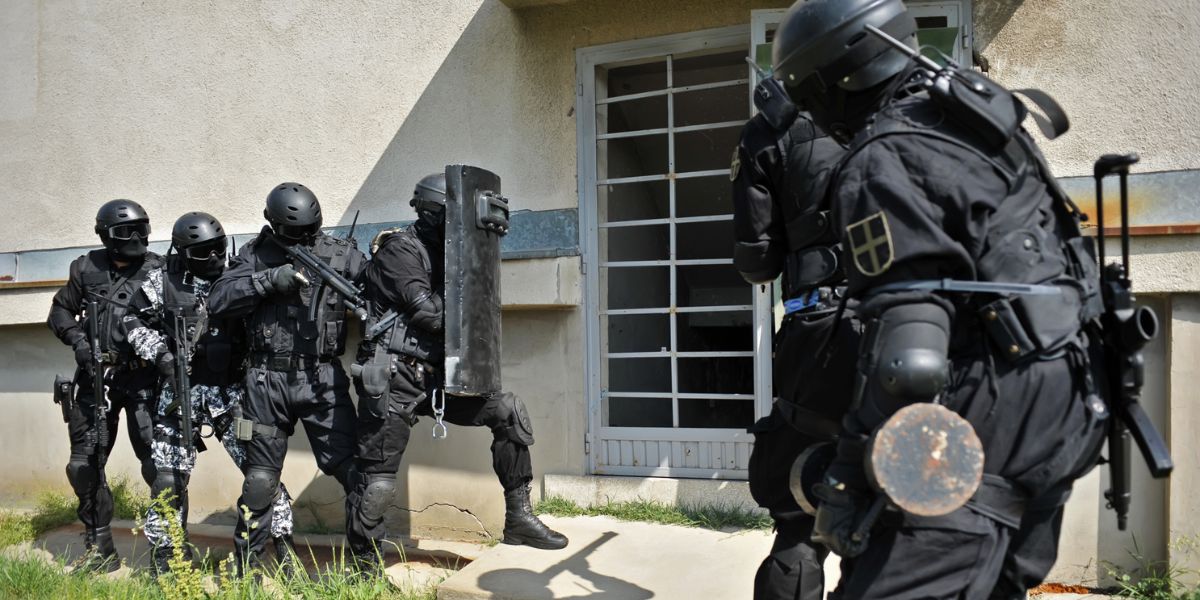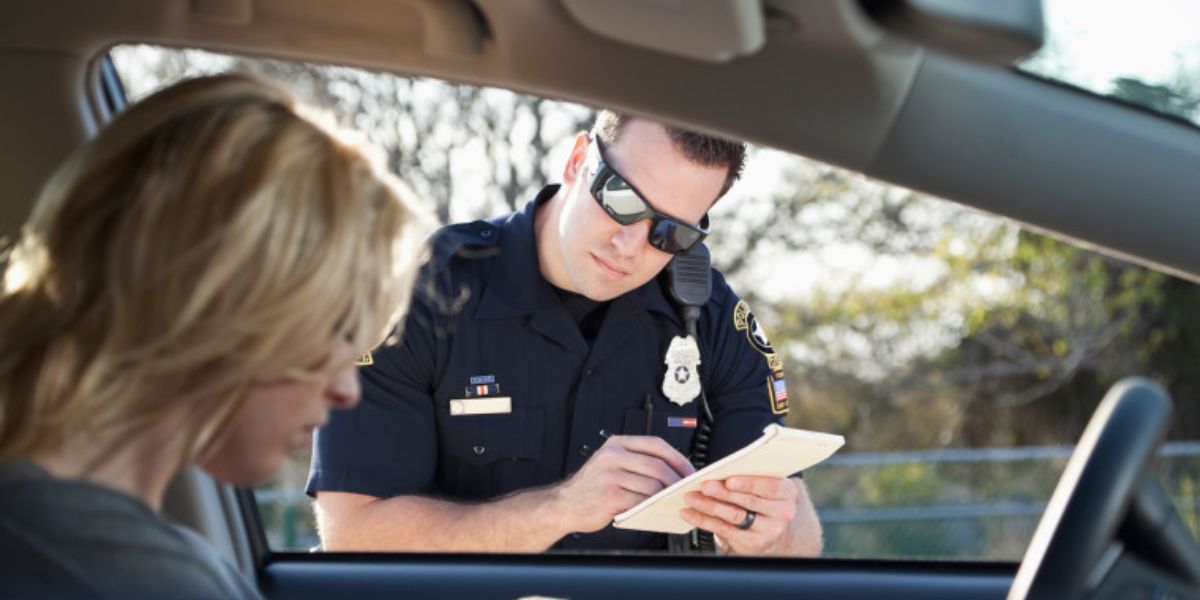New Jersey has strengthened its laws by elevating swatting—the act of making false emergency calls—to a felony offense.
This significant legal change aims to deter dangerous hoaxes and protect both residents and first responders.
Key Details of the New Felony Swatting Law
The updated law imposes felony charges on anyone convicted of swatting, carrying harsher penalties than before. The move follows a series of incidents where false emergency calls have caused unnecessary panic and risked public safety.
Impact on Residents
For New Jersey residents, the new law means increased protection from potentially life-threatening false emergency calls. Swatting incidents can result in emergency response teams, including SWAT, arriving at unsuspecting homes or businesses, creating dangerous situations.
Implications for Law Enforcement
Law enforcement agencies now have stronger tools to prosecute swatting cases as serious crimes. The felony classification enables higher fines and longer prison sentences, underscoring the state’s commitment to deterring such threats and ensuring public safety.
Background and Reasoning
Swatting has been a growing problem nationally, with many states revising their laws to keep pace with the risks involved. New Jersey’s decision reflects a recognition of the severe consequences false calls impose on emergency services and innocent people.
What Residents Should Know
Residents should be aware that false emergency calls can have serious legal consequences. The new law serves as a warning against pranks or malicious acts involving emergency services.
Future Outlook
With felony penalties now in place, New Jersey aims to reduce the number of swatting incidents. The state is also expected to increase awareness and support for victims of false emergency calls.
New Jersey’s felony swatting laws mark a critical step in combating dangerous false emergency calls, offering greater protection for residents and empowering law enforcement to act decisively.
This piece was written by Mary Berg. Light AI tools assisted with grammar checks and layout polish. All editorial decisions and wording remain fully human and original.



